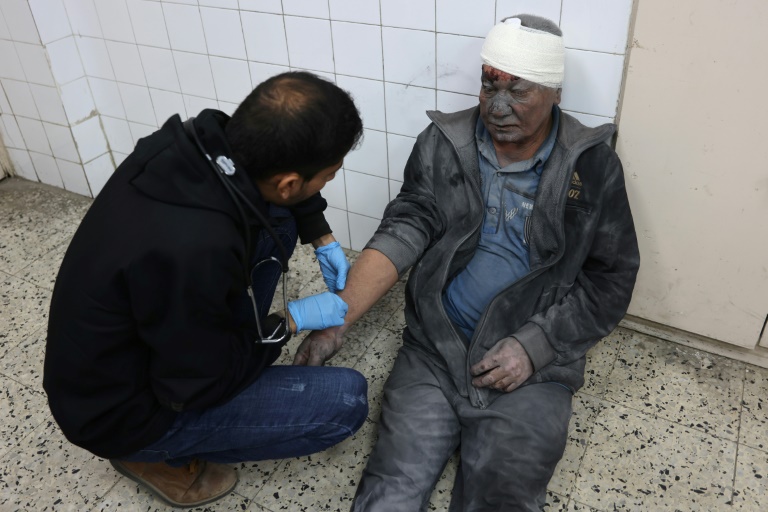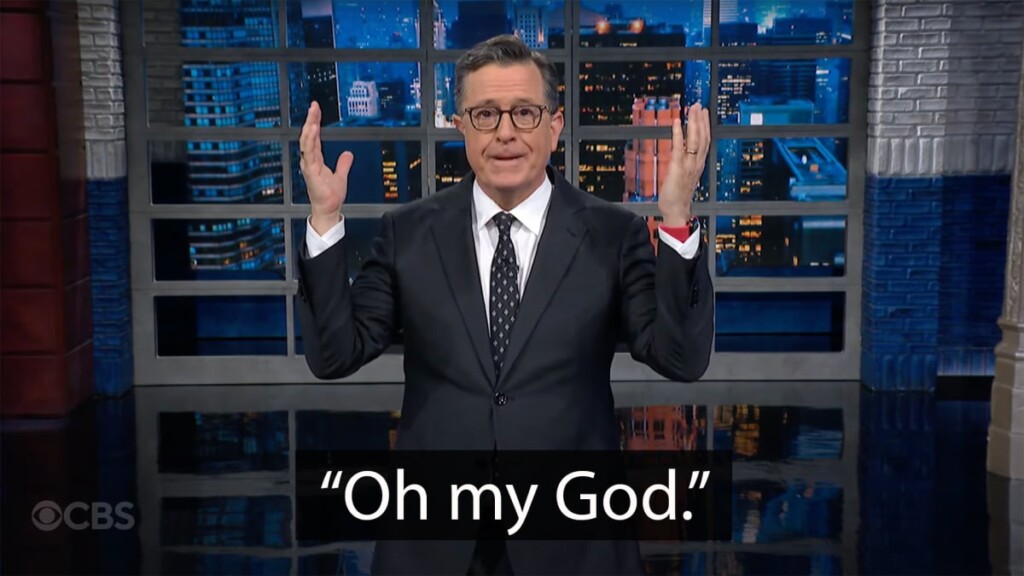Addressing Barriers for Disabled Migrant Children | Mirage News
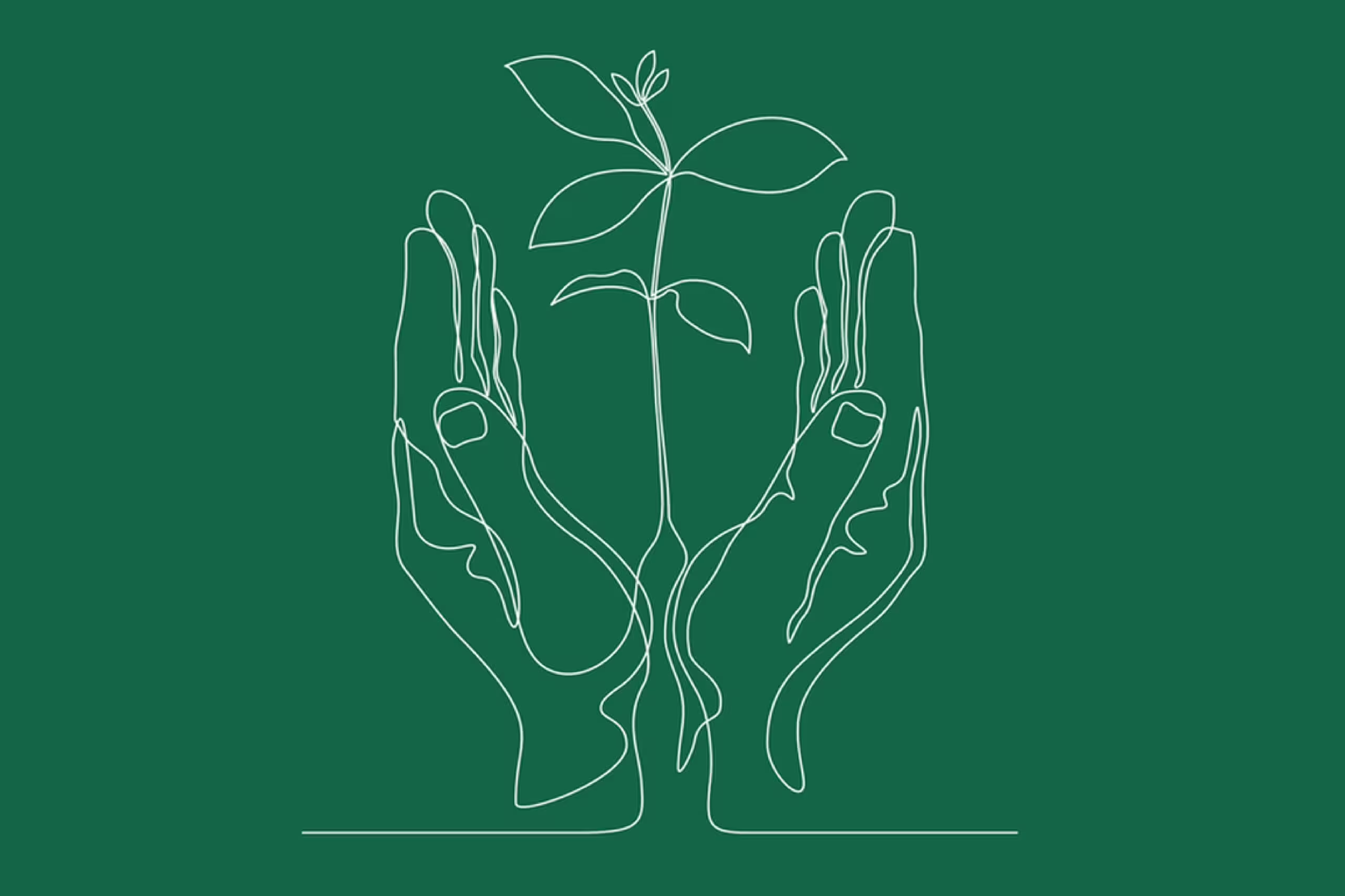
Top Stories Tamfitronics
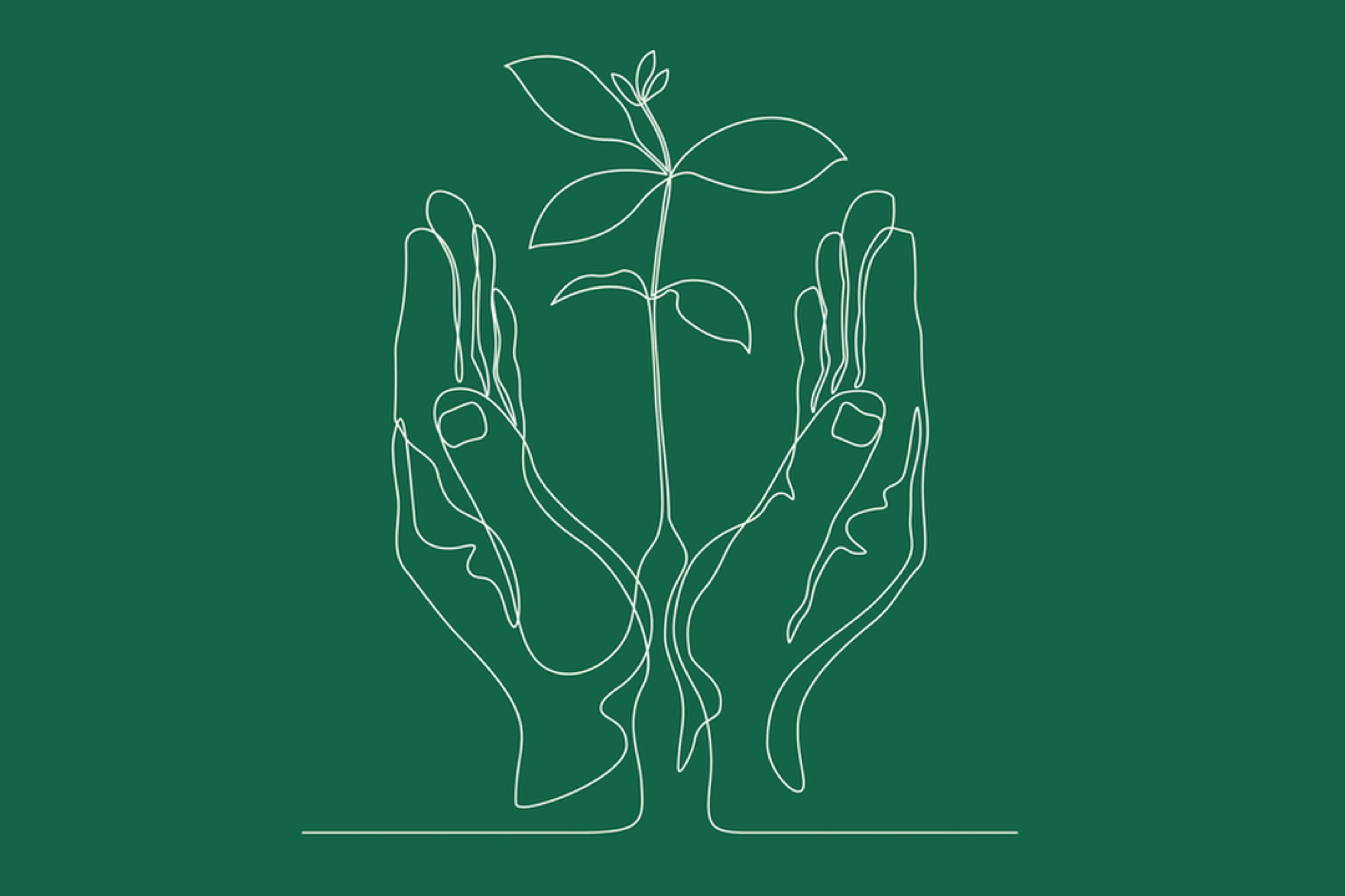
Report image: ‘Growing up well in a new country’
A new report has revealed the obstacles facing migrant and refugee children with disability and their carers, and the way they impact their wellbeing.
The Flinders University report, ‘Growing up well in a new country’, focuses on the support needs of migrant and refugee children with disability and their carers, as well as examining the barriers and facilitators to accessing government services and community supports.
The main barriers to accessing the National Disability Insurance Scheme (NDIS) include traversing the complex system, lack of culturally appropriate education and outreach, challenges with managing existing funding and services and long waitlists to access them.
This situation is worsened by the fact that people on temporary migration visas are ineligible for NDIS support due to an exemption in the Disability Discrimination Act.
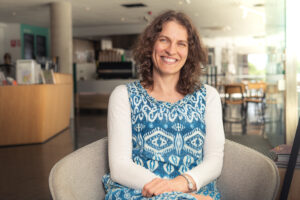
Lead author Professor Anna Ziersch says the findings indicate that in addition to the barriers that exist for the general population for NDIS as well as other services, there are a complex array of individual, community and structural factors influencing access to services and the wellbeing of migrant and refugee children with disability.
“These barriers includes, difficulties accessing quality interpreter and language supports, experiences of discrimination and racism in services, and negative views about disability and mental health in some communities,” says Professor Ziersch.
“For instance, 80 per cent of service providers told us that it is harder for this group of children to access supports when compared to other children with disabilities.
“These service barriers have a negative impact on wellbeing, compounding other stressors for some families, especially those arriving as refugees, such as adjusting to life in Australia, disrupted education and dislocation, trauma and separation from family members.”
Researchers highlight the immediate need for interventions that address the lack of access of culturally responsive services and culturally appropriate assessment, inadequate communication and collaboration within and across services, language and communication issues, as well as differing understandings of disability and stigma in some communities.
Using a mixture of methods, including qualitative interviews, survey and group discussions, the researchers were able to build a rich and compelling understanding of the experiences of migrant and refugee children with disability, their parents and carers and the impacts on their wellbeing.
The report also identifies a range of supports that should be tailored for migrant and refugee children, as well as community-led practices that seek to break down disability-based stigma and encourage service access.
Community leaders reinforced the importance of adapting support services to meet the diverse needs of migrant and refugee children and their carers, who come from varying levels of education and language skills.

Co-author Dr Moira Walsh says that a collaborative approach is key to making positive changes.
“We’d like to see greater collaboration between communities, services and young people, accessible resource information at all stages of a young person’s disability journey, an approach that embraces the whole family, and education and capacity building within communities to encourage inclusivity of people with disability,” says Dr Walsh.
“The ongoing work being done in communities outside of funded programs, largely driven informally by community leaders and members who are dedicated to improving awareness of disability and mental health in their communities to improve service access has been invaluable.”
The report makes twenty recommendations for improving supports for children with disability from migrant and refugee backgrounds.
This includes outlining the roles and responsibilities of services in supporting refugee and migrant children with disability, the importance of culturally and linguistically appropriate services, enhancing access to services and improvements to the NDIS and ensuring access to supports for those outside the scheme.
“To build on the important work already being done in the community, we’re also calling for sustainable levels of funding to support community organisations so that they can continue their work with their communities and services to ensure individuals and families are appropriately supported,” Dr Walsh adds.
Growing up well in a new country: Supporting mental health and wellbeing for young people with disability from migrant and refugee backgrounds by Anna Ziersch, Moira Walsh, Sally Robinson and Clemence Due. (2024).
Acknowledgements: The report was funded by the Channel 7 Children’s Research Foundation.
/Public Release. This material from the originating organization/author(s) might be of the point-in-time nature, and edited for clarity, style and length. Mirage.News does not take institutional positions or sides, and all views, positions, and conclusions expressed herein are solely those of the author(s).View in full here.



 Hot Deals
Hot Deals Shopfinish
Shopfinish Shop
Shop Appliances
Appliances Babies & Kids
Babies & Kids Best Selling
Best Selling Books
Books Consumer Electronics
Consumer Electronics Furniture
Furniture Home & Kitchen
Home & Kitchen Jewelry
Jewelry Luxury & Beauty
Luxury & Beauty Shoes
Shoes Training & Certifications
Training & Certifications Wears & Clothings
Wears & Clothings






